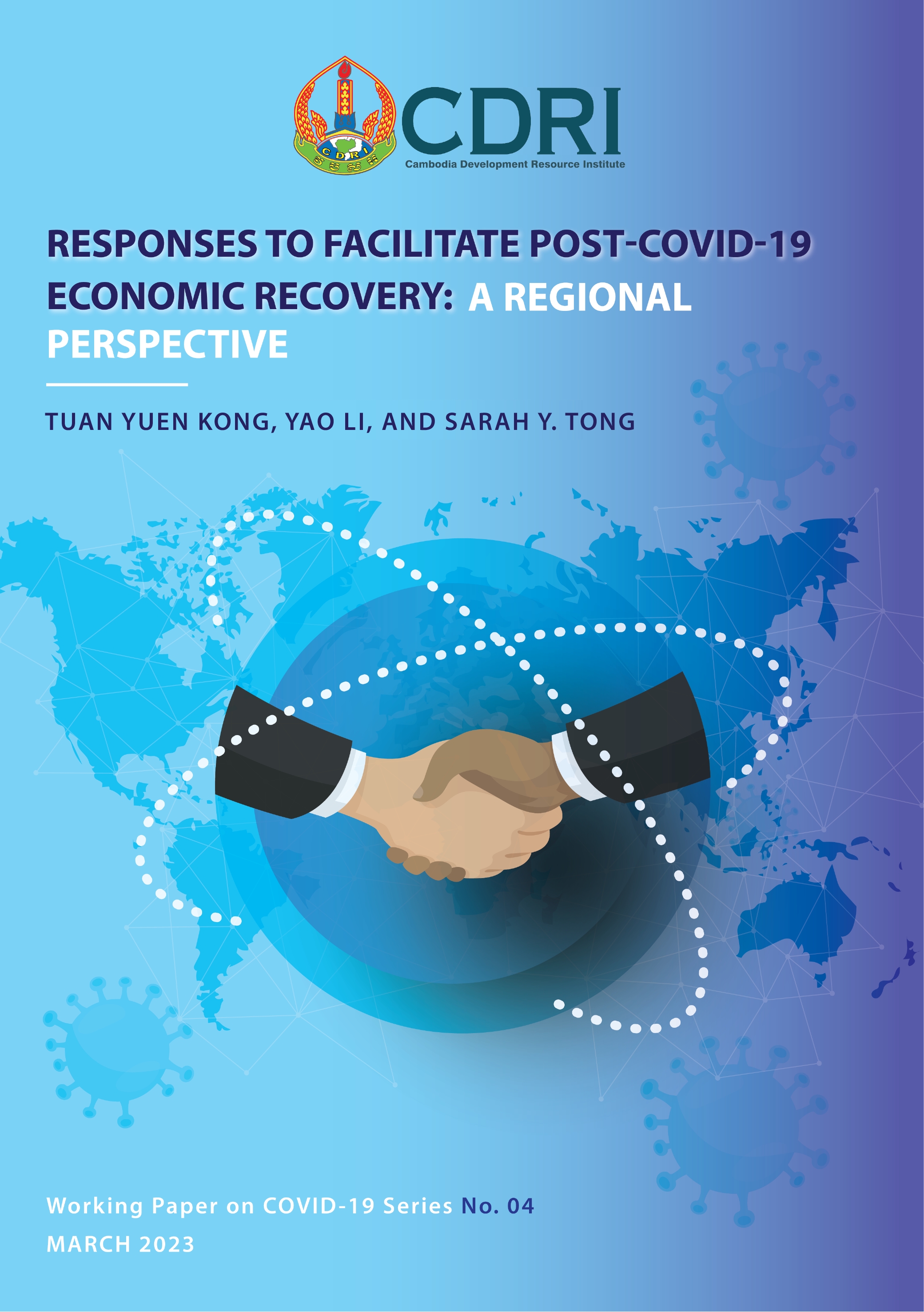Abstract/Summary
The Covid-19 pandemic has devastated many developing countries, particularly those in East and Southeast Asia due to their heavy reliance on global economic connections and low public health capacity. Although many have managed a respectful rebound since early 2021, uncertainties in world economic recovery have left many economies in unstable positions. Our study on developing Southeast Asia has several main findings. First, government expenditure on health and economic stimulus packages to mitigate the impact of Covid-19 pandemic in developing ASEAN countries has been considerably lower than the world average due to each country’s poor fiscal conditions. Second, financial assistance from external sources is essential to enhance public health capabilities and to facilitate economic recovery. Third, most ASEAN members are receivers of international financial assistance while China, Japan, and Korea are providers, among which China has contributed the most. International organisations and major advanced economies are also important sources of financial assistance. Fourth, while international loans focused on emergency needs during the early days of the pandemic, they have since turned to long-term objectives, such as supporting vulnerable groups and improving health-related and other institutions. Finally, we believe developing countries’ governments, including Cambodia’s, should implement policies to further strengthen their emergency preparedness in dealing with future health emergencies and natural disasters. Externally, governments need to broaden sources of international assistance by increasing bilateral and multilateral government-to-government projects and enhancing long-term public-private partnerships. Domestically, governments also need to improve transparency, accountability, and other aspects of governance in order to facilitate greater cooperation and attract private investment in health-related sectors.

